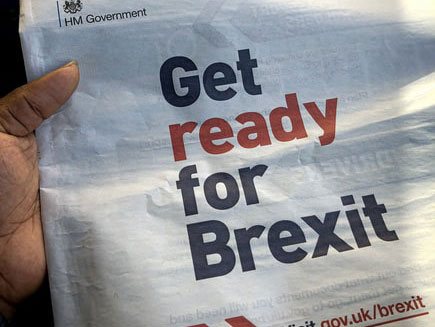Go back twenty years or so and everyone was buying cars from Europe and importing them to the UK. This worked out cheaper for the UK consumer as British car prices were expensive at the time. To grab a bargain-priced car, many drivers overlooked the fact that it would involve extra paperwork and having to drive on the other side of the car and went for the cheaper option. The car industry has changed post-Brexit. Here are three ways the break has affected the car trade.

Cost
A last-minute deal was negotiated between the UK and EU which meant that the dreaded WTO tariffs did not come into play. This would have raised the cost of buying a new car by around 10%. However, although car imports and parts are still duty-free, this now involves extra checks and more paperwork. The cost of this is passed on to the consumer resulting in a price rise of approximately 1-2%.
The UK has yet to make similar deals with many other countries, meaning that car imports from outside the EU are subject to WTO trading laws and have risen by 10%. This affects car manufacturers such as Hyundai, Tesla, and Kia. Until such an agreement is reached with individual countries, this tariff will remain in place.
The Used Car Market
It is not all doom and gloom though. The fall in demand for new cars has led to an increase in second-hand car sales. For example, quality dealerships such as Car World who are renowned for selling used cars Peterborough and the midlands have seen an increase in interest from customers who might have previously been looking for a new car. It certainly makes good economic sense to buy second-hand at the moment as, if you buy in the UK, you won’t have the price of the import added to the cost of your car. Savvy shoppers are also considering the cost of spare parts for their cars and making sure that they are manufactured in the UK or EU, thus saving themselves the cost of the WTO tariff here too.
Fuel
There has been a rise in fuel prices since last spring and this has been partially caused by Brexit. The availability of distribution drivers has shrunk as the extra cost and hassle of importing makes the UK a less lucrative market for distribution. This, coupled with the return home of many migrant workers and the salaries now on offer in their native countries means that there is a shortage of deliveries in the UK. The laws of economics mean that if there is a shortage, prices will rise, causing fuel to become more expensive.
Brexit has affected the way most industries work and will continue to do so as we get used to the new rules and the government signs new agreements. However, not every industry loses out; some such as the second-hand car market might even be better off for the break.



